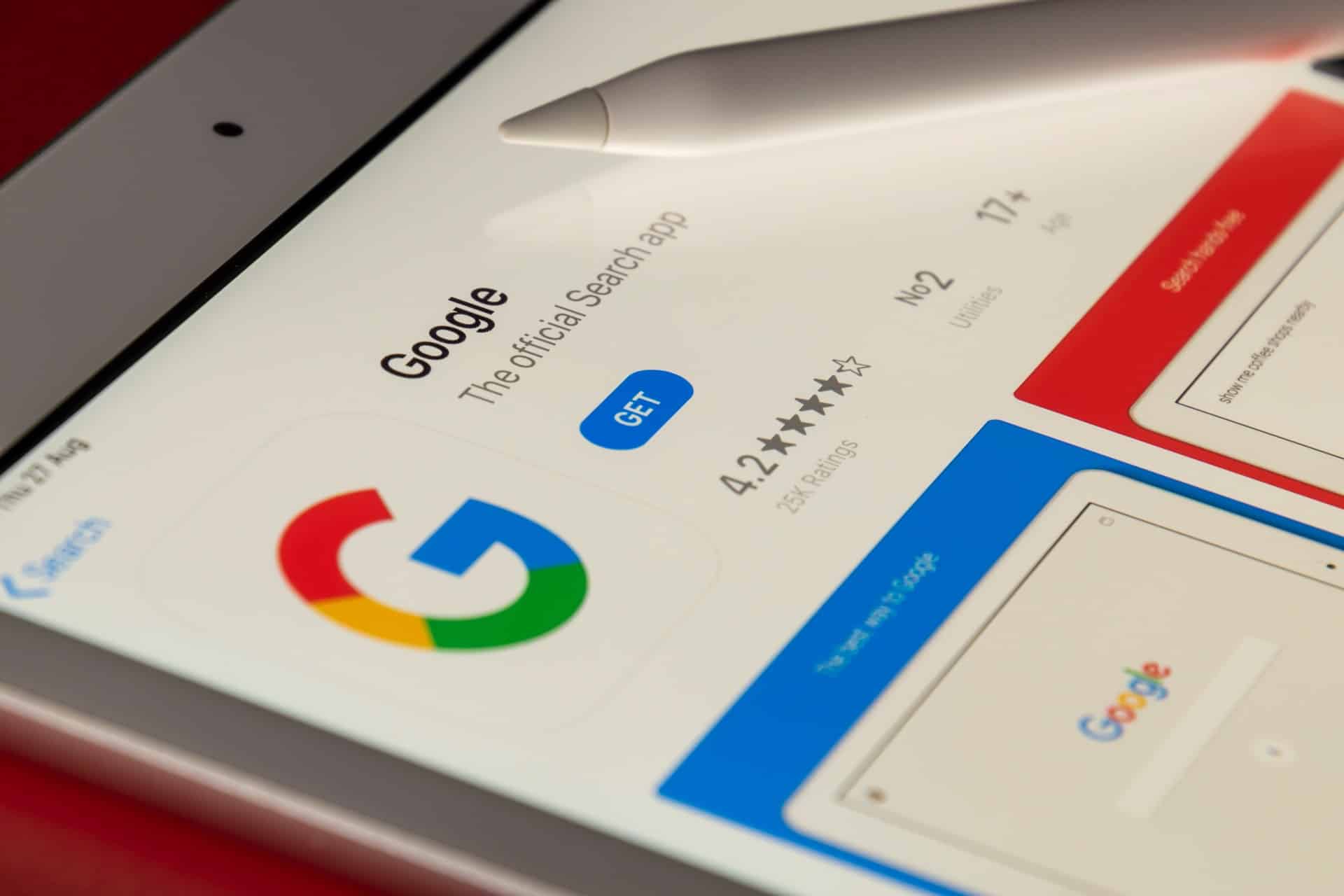SEO used to be simpler than it is today – you could write content for your audience and optimize for a few keywords, and that would be enough to get traffic. And if you’re not doing keyword research properly, then you’ll miss out on opportunities to rank high on Google. In this article, we’ll detail 5 mistakes often made in keyword research so that your site can start ranking higher on search engines.
IMAGE: UNSPLASH
You’re Not Crawling Your Competitors’ Pages
One of the most important things you can do to improve your SEO is to crawl the pages of your competitors.
Why? Because you need to know what they’re doing, and if they’re not ranking for a keyword, there might be an opportunity for you. Crawl their pages, check out their keywords in Google Search Console, and see if any opportunities are being missed.
You Only Have A Few Competitors In Your Spreadsheet
One of the most important things you can do with your keyword research is to see how your competitors are performing. You need a way to see how many keywords each competitor ranks for and how they rank for them.
You also need to be able to see what types of keywords they rank for that you don’t rank for (keywords with high search volumes). If all this information is stored in one spreadsheet or document, then it will be very difficult to compare one competitor against another.
In order to create the right tools and metrics, you should consider hiring an SEO agency to help you with experience in your industry. For example, if you are trying to track your competitors performance in order to improve your own in the SaaS field, you should consider hiring a SaaS SEO agency to help you with this.
You Don’t Have A Content Gap Analysis In Place
A content gap analysis is a tool that can help you determine where your content needs to be improved, and therefore which keywords will give you the best return on investment.
It involves looking at all of your existing content, analyzing each piece, and checking it against other pieces to see if they are different enough. You do this by noting how unique each piece is compared with others within a given category or topic area. For example, if you have multiple articles about keyword A but only one for keyword B (or vice versa), then it’s likely that there’s more opportunity for backlinks coming from optimizing for keyword B than from optimizing for keyword A.
You’re Adding The Wrong Keywords To Your “Target Keywords” List
When you’re adding keywords to your list, focus on the target keywords. For example, if your website is about dog training, don’t add “sitting for dogs” or “dog sitter in NYC.” Those are not relevant and will not help you rank better in search results.
In addition to not adding irrelevant keywords to your list, don’t add keywords that are already incorporated into other parts of your site (such as titles or meta descriptions). Doing so may result in duplicate content issues and could cause Google’s algorithm to penalize you.
Your Site Architecture Isn’t Set Up For Success With Your Target Keywords
Setting up your site architecture correctly is key to implementing keyword research correctly into your website. Here are a few tips on how to do that:
- Make sure your site architecture is set up for success with your target keywords.
- Use the same keywords on your landing pages and subpages.
- Use the same keywords on your internal links. This can be done by linking to a page that has a similar anchor text as the link itself, or by using HTML anchor links with no text embedded in them.
- Use the same keywords on your external links (including backlinks). Again, if you’re trying to rank for “blue widgets” and you have an external link to another website that says “blue widgets” then use this phrase in its exact form in the anchor text of that link also. This will help you rank in Google for this keyword phrase because Google reads these incoming links from other websites as votes from other websites.
Conclusion
As you can see, the competitive analysis process is more involved than just performing a few searches on Google. Five common keyword research mistakes could impact your ability to grow organic traffic for your site.
Correcting these mistakes will help you create a more targeted list of keywords that are aligned with your brand and content strategy goals, so you can take the guesswork out of SEO. And by using this process regularly, you’ll be able to measure whether the work you put into SEO is paying off over time.
IMAGE: UNSPLASH
If you are interested in even more technology-related articles and information from us here at Bit Rebels, then we have a lot to choose from.


COMMENTS